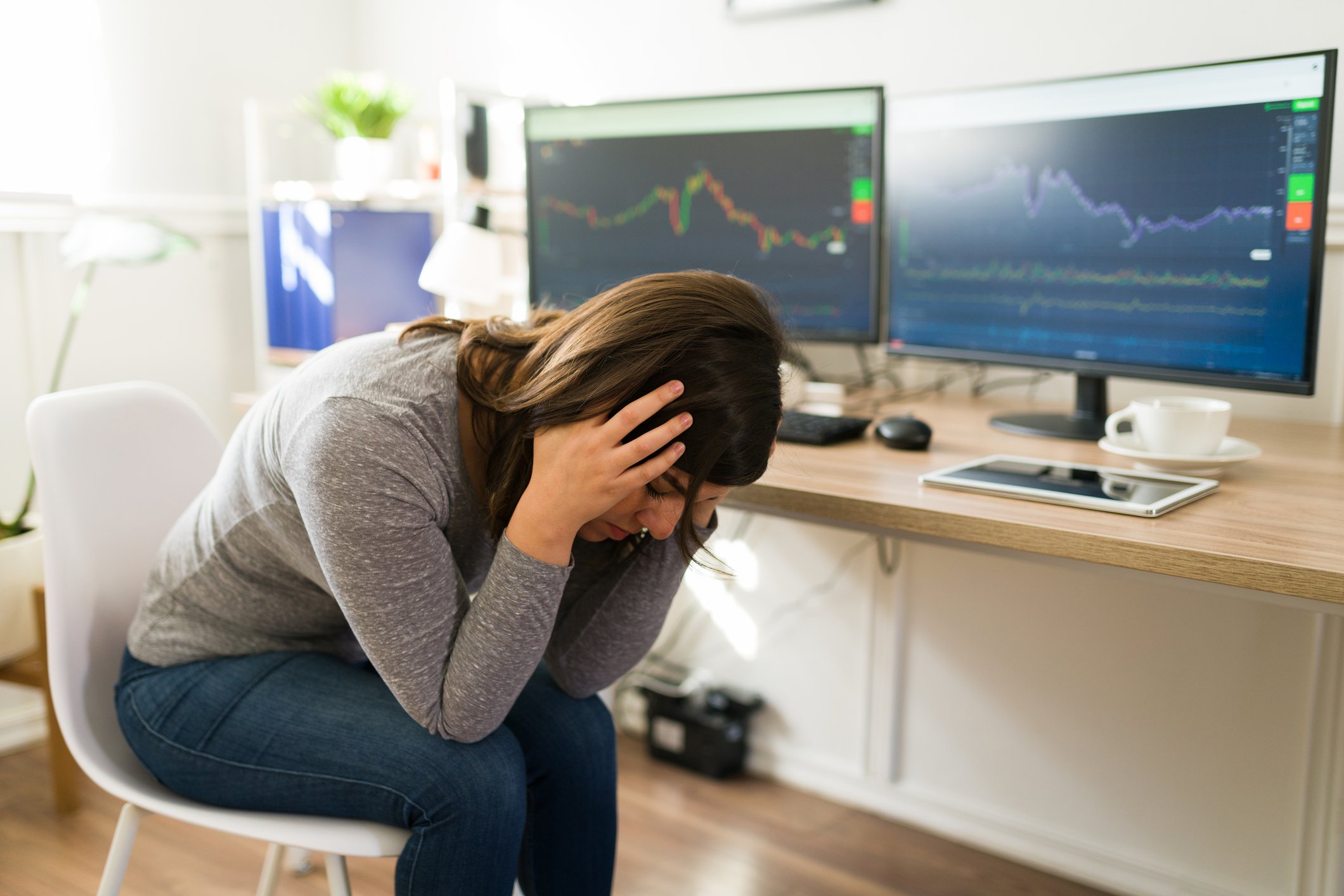Bad news keeps coming for Novo Nordisk (NVO +8.95%). The Denmark-based drugmaker's share price has plunged roughly 55% below its high set last summer. Earlier this week, a study published in The New England Journal of Medicine revealed that patients taking Eli Lilly's Zepbound lost more weight than patients taking Novo Nordisk's Wegovy.
However, many on Wall Street believe that better days lie ahead for Novo Nordisk. Analysts expect this obesity drug stock to soar 35% over the next 12 months.

Image source: Getty Images.
Upbeat analysts
The average 12-month price target for Novo Nordisk among the analysts surveyed by financial data and infrastructure provider LSEG is $89.99. This target reflects an upside potential of 35% from the share price as of this writing.
Some analysts are even more upbeat about Novo Nordisk. The most optimistic price target is nearly twice the current share price.
Two of the 12 analysts surveyed by LSEG in May rate the stock as a strong buy; another four analysts recommend Novo Nordisk as a buy. Four analysts rate the stock as a hold.
Granted, two analysts don't hold it in high regard. One assigned an underperform rating to the stock, while another recommended selling it. However, it's perhaps telling that even the most pessimistic 12-month price target for Novo Nordisk is only 9% below the current share price.

NYSE: NVO
Key Data Points
Headwinds and tailwinds
We don't have to look hard to see why Wall Street analysts might view Novo Nordisk's prospects in a favorable light. The company continues to deliver strong sales growth, driven primarily by its semaglutide products -- type 2 diabetes drug Ozempic and obesity drug Wegovy.
Novo Nordisk could soon have new growth drivers. It awaits U.S. approval for an oral version of semaglutide in treating obesity. The company has submitted a once-weekly 2.4 mg dose of the drug in both the U.S. and the European Union for treating metabolic dysfunction-associated steatohepatitis (MASH), a serious liver disease. It also expects to file for the first approval of a drug for obesity and type 2 diabetes, CagriSema, in the first quarter of 2026.
However, the company also faces some headwinds. It reduced its full-year guidance for 2025 mainly because of the compounding of semaglutide in the United States. Novo Nordisk CEO Lars Fruergaard Jørgensen said in the Q1 update: "We are actively focused on preventing unlawful and unsafe compounding and on efforts to expand patient access to our GLP-1 treatments."
Competition is also intensifying. Eli Lilly's type 2 diabetes drug Mounjaro and obesity drug Zepbound are gaining market share. Lilly plans to file for approval of its oral drug orforglipron later this year for treating obesity, and in early 2026 for treating type 2 diabetes. Several other companies have promising obesity drugs in clinical development as well, including Altimmune, Amgen, Boehringer Ingelheim, Pfizer, Roche Holding, and Viking Therapeutics.
Is Wall Street right about Novo Nordisk?
Will Novo Nordisk's share price soar 35% as Wall Street predicts? I think it's a definite maybe.
Valuation shouldn't be an obstacle. The stock's forward price-to-earnings ratio was recently 15.9. That's a little below the S&P 500 healthcare sector's average forward earnings multiple of 16.4.
Novo Nordisk and the U.S. Food and Drug Administration (FDA) recently won an important federal court ruling, which should help address the compounding issue that caused the company to lower its full-year outlook. The FDA will now be able to go after facilities that illegally compound semaglutide.
The big question for Novo Nordisk is how it will fare against rivals in the marketplace. Eli Lilly has seized the momentum for now. However, I wouldn't underestimate the ongoing commercial potential of Ozempic and Wegovy, or the prospects for oral semaglutide and CagriSema.
My best guess is that Novo Nordisk will rebound over the next 12 months. However, whether or not the stock can deliver a 35% gain during that period remains to be seen.





